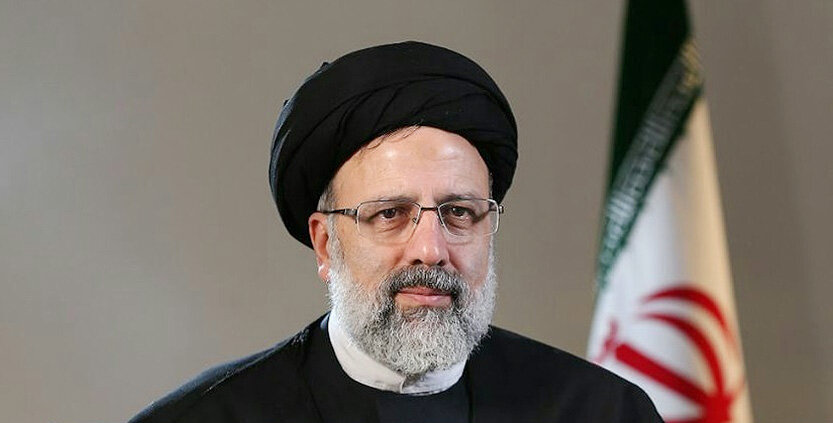
Iran has denied systematically persecuting Christians and called house-churches “enemy groups” of a “Zionist cult”, in response to a formal enquiry by six senior UN rights experts.
In a letter dated 11 November but only made public after Iran failed to respond within the 60-day deadline, the experts* – including the special rapporteur on freedom of religion or belief, Ahmed Shaheed, and special rapporteur on human rights in Iran, Javaid Rehman – expressed “serious concern” over “numerous” reports of “continued systematic persecution” of Christians, “particularly discriminatory practices and violations of their human rights”.
Iran has since written a response, denying the accusations and claiming “nobody is prosecuted on religious grounds”. Instead, Iran says it has taken legal action against members of “enemy groups” and “private churches” (house-churches), which it accuses of belonging to a “Zionist Christian cult” with “anti-security purposes”.
What did the rapporteurs say?
The rapporteurs name 24 Iranian Christians reported by organisations including Article18 to be either currently in prison or awaiting summonses, and include details of each case.
They then go on to say that while they “do not wish to prejudge the accuracy of the information received,” they “wish to express our serious concern at the reported widespread repression against and persecution of persons belonging to the Christian minority in Iran, and in particular those who have converted from Islam”.
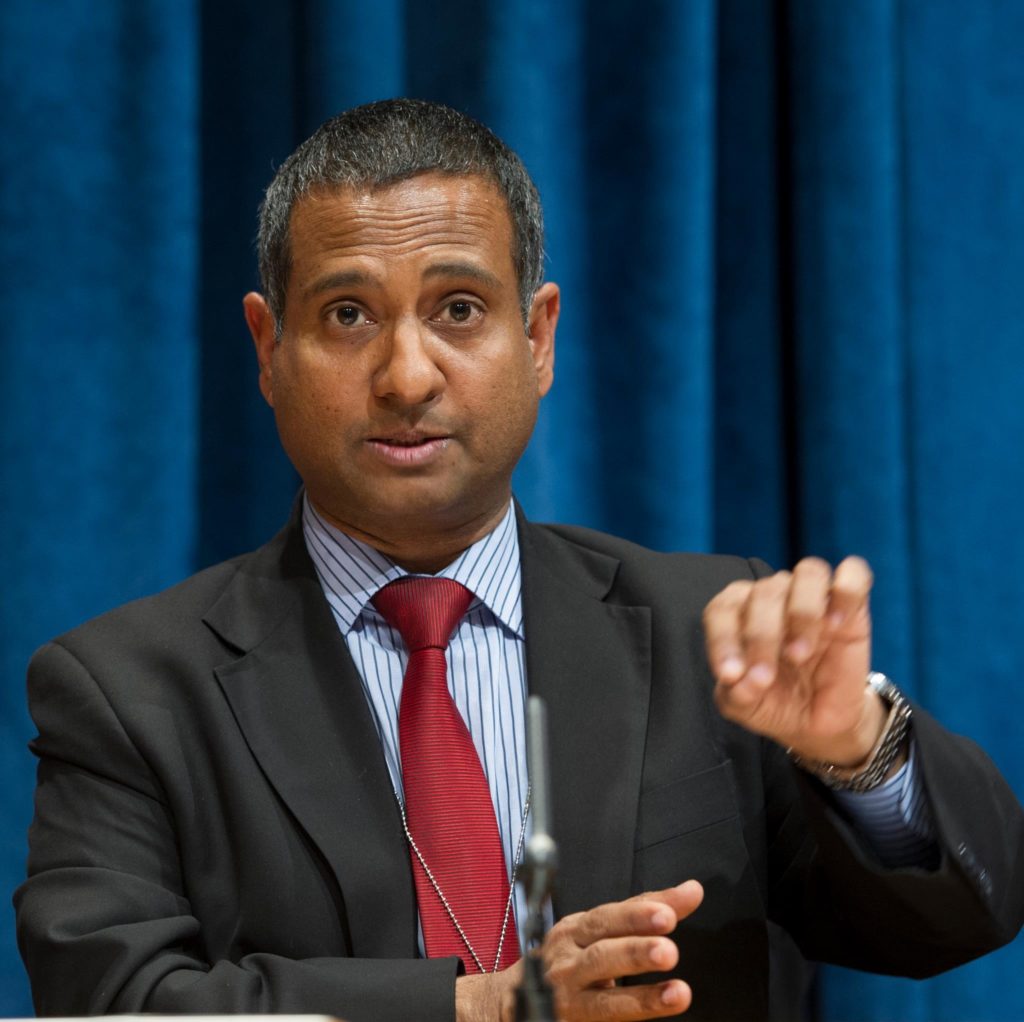
The rapporteurs say they are “particularly concerned” about the “criminalization of freedom of religion or belief and freedom of expression in the repressive methods applied by the Iranian state agencies, including the Ministry of Intelligence and the Islamic Revolutionary Guard Corps, to suppress the right of members of Christian communities to observe, worship and teach their faith”.
They also criticise reported “judicial harassment” and lack of due process, as well as “ambiguously formulated [charges] such ‘acting against national security’ or ‘propaganda against the state’ to systematically restrict the peaceful exercise of this right [to freedom of religion or belief]”.
“Should the facts alleged be confirmed,” the rapporteurs write, “they would constitute severe violations of international human rights law”, including the International Covenant on Civil and Political Rights, to which Iran is a state party.
The rapporteurs conclude by calling on Iran to provide detailed responses to the allegations, including:
- “Grounds for the arrest, detention and conviction of all the individuals mentioned, and updated information about their cases.
- Explanation of “how the national courts interpret the terms ‘acting against national security’ and ‘propaganda against the state’, when considering cases of minority religions and persons belonging to religious minorities, and how these interpretations are compatible with the international norms and standards on freedom of religion or belief, freedom of expression, and freedom of peaceful assembly and association”.
- What “measures and policies [are being] undertaken to ensure that persons belonging to the Christian minority, including those converting from Islam, are not discriminated against in all walks of life, and fully enjoy their human rights, including freedom of thought, conscience, religion or belief, freedom of expression and freedom peaceful assembly and association”.
How has Iran responded?
The response by the High Council for Human Rights of the Islamic Republic of Iran, submitted two days after the 10 January deadline, begins by stating that religious minorities in Iran are “entitled to all freedoms and civil rights, as stipulated in the Constitution”.
Then, after denying prosecuting anyone on religious grounds, the letter claims the 24 individuals mentioned, “under cover of promoting Christianity, were in fact communicating with evangelical Zionism with a view to enmity and confrontation with the Islamic Establishment and subversive act against it through organized cults and holding illegal and secret meetings to deceive citizens and exploit the deceived persons, particularly children”.
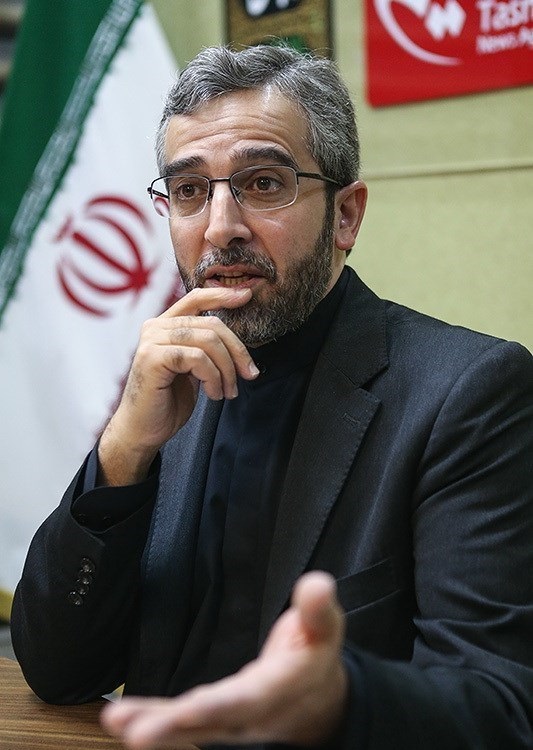
“Therefore,” it is claimed, “the offenses committed by the aforesaid have been dealt with pursuant to legal regulations on the grounds that they had committed offenses set out in the Islamic Penal Code, and not for conversion to Christianity.”
Iran also denies arbitrarily detaining Christians – “no arbitrary act has been committed” – and says allegations of torture to extract confessions are “totally unsubstantiated”, and those of mistreatment during interrogation and detention – and refusal to inform families about detention – are “untrue and unfounded”.
According to the response, “no domicile and religious gatherings were raided. What has happened was limited inspection, instructed by judicial authorities, in full respect of religious and legal boundaries, for the purposes of gathering information and tools of offense”.
Allegations of “heavy and long punishment” are also alleged to be “untrue”, as are claims of any “house inspection or search” at the homes of “Christian domiciles” over Christmas.
This goes against the testimony of Iranian-Assyrian pastor Victor Bet-Tamraz and his wife, Shamiram – two of the named Christians – who testified that Victor’s first arrest, and that of two Christian converts, took place during a raid on the Bet-Tamraz home as they celebrated Christmas in 2014.
Confiscation of property is not denied, but it is claimed that only instruments “found to have been used for commission of crimes” have been seized, and that “most” were later “restituted” to their owners.
It should be noted here that Bibles and other Christian literature are routinely confiscated as evidence of a “crime” during raids on house-churches, and rarely returned.
Rev Victor testified that in his case the arresting agents took “took almost 1,000 books from my house”, as well as “bank documents and other personal belongings”, and that “they still have a lot of these things in their possession”.
It is also claimed that “no defendant has been punished for apostasy, and there is no such record”. In fact, one Iranian Christian convert, Hossein Soodmand, has been hanged for apostasy, while others have been sentenced to death, only for the sentence to be later overturned after an outcry, as in the case of Yousef Nadarkhani – who is another of the named Christians, as he is now back in prison on other charges.
Iran’s response ends by detailing the charges against the named Christians, including Yousef, most of which relate to alleged membership of “enemy groups” and/or “setting up an illegal private church to promote Zionist evangelical Christianity”.
*The letter was also signed by the vice-chair of the working group on arbitrary detention, Elina Steinerte; special rapporteur on the promotion and protection of the right to freedom of opinion and expression, Irene Khan; special rapporteur on the rights to freedom of peaceful assembly and of association, Clement Nyaletsossi Voule; and special rapporteur on minority issues, Fernand de Varennes.
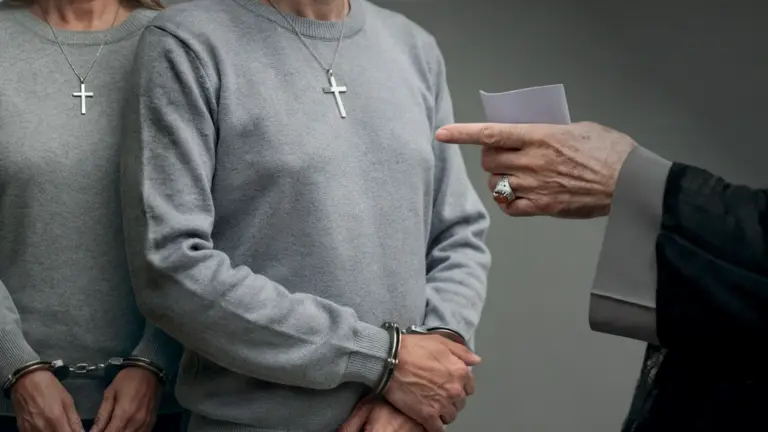
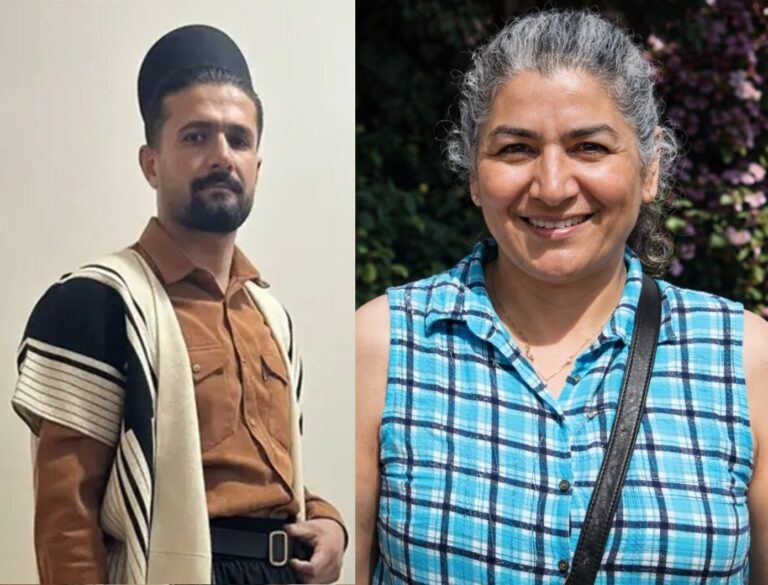
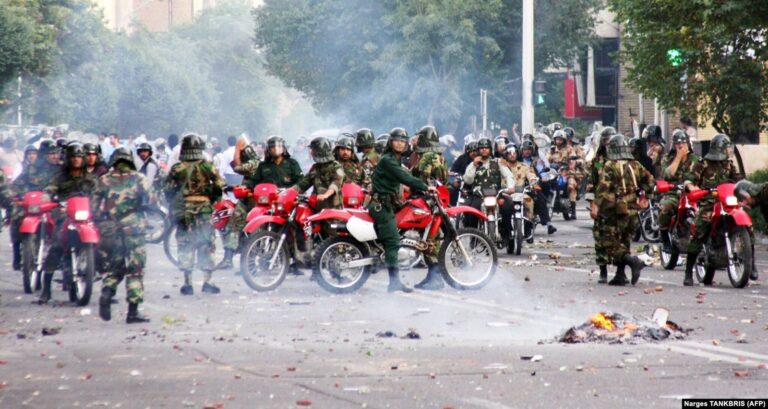
0 Comments
Trackbacks/Pingbacks